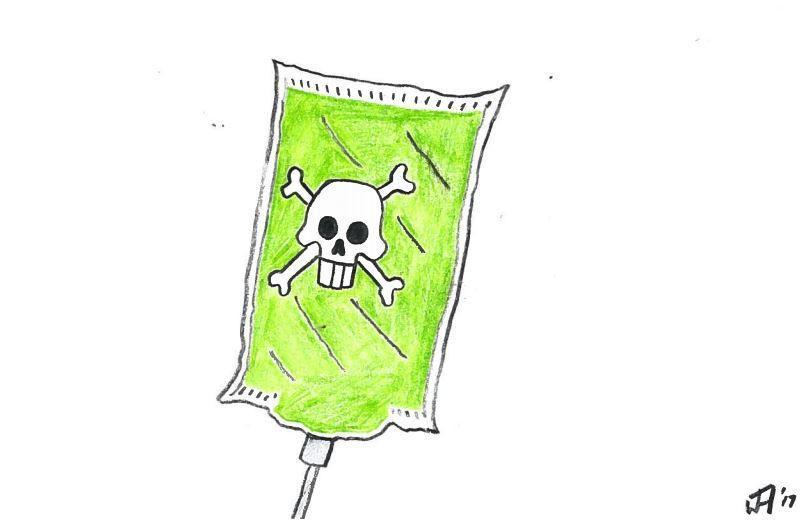The controversial drug, midazolam, is the first of three drugs administered in lethal injections and has been involved in a slew of botched executions since its incorporation. Use of this drug is a gross violation of the “cruel and unusual punishment” clause of the Eighth Amendment.
Midazolam is meant to sedate prisoners before the excruciating effects of the subsequent drugs take place. The drug has “time after time…failed to keep condemned prisoners adequately anesthetized and to bring about a quick, humane death,” said Assistant Federal Public Defender Dale A. Baich to The New York Times. In some cases, witnesses have reported the prisoner appearing to fall unconscious only to begin moving, thrashing, and choking on the table minutes after the drug was administered.
“When you see executions with midazolam, you see, at best, surprises and, at worst, very bad executions,” said Megan McKracken, lethal injection litigation specialist at University of California, Berkeley to The New York Times.
Ensuring death by lethal injection is carried out swiftly, consistently and without long-term torment should not be left to surprise or chance.
According to The New York Times, Arizona inmate Joseph Wood’s execution took nearly two hours and 15 injections of midazolam even though one dose of the drug is supposed to be enough. Witnesses report Wood spent nearly an hour gasping and snorting as drugs were pumped into him. The execution dragged on so long, the judge who presided over his case had time to order an emergency hearing to address this abnormality while Wood was still thrashing on the table.
Ohio inmate Dennis McGuire suffered a similar fate. During his execution, his family members and daughter witnessed his gasping, choking and attempts to sit up for 20 minutes, according to the aforementioned article. It is likely McGuire felt the severe burning sensation associated with the third drug administered to stop the heart.
Because each person has a unique and undetectable tolerance to the drug prior to administering, the amount of midazolam necessary for sedation is highly inconsistent. This uncertainty leads to incorrect dosages being dispensed, such as in the case of Joseph Wood, who required 15 times the suggested dose for sedation and still likely felt the effects of the subsequent drugs. “It indicates yet again that what’s happening in various states that are trying to continue to use lethal injection is a period of experimentation on human beings,” said Austin Sarat, professor of jurisprudence at Amherst to MSNBC.
Nearly 3 percent of executions by lethal injection are botched, which is an alarming rate for a country as modernized as the United States. If a swift and humane execution by lethal injection cannot be guaranteed, then the justice system must reconsider whether they can ethically and constitutionally continue these practices.
This level of inconsistency and cruelty is unacceptable in a country claiming to uphold human rights domestically and abroad. Considering more than four percent of those on death row are probably innocent, it seems even more absurd to enforce this kind of torturous action and call it justice.
Use of midazolam is unethical and a violation of citizen’s Eighth Amendment rights, regardless of their criminal status. I am not in defense of the abhorrent crimes death row victims are often responsible for. However, I suggest the justice system re-examine the constitutionality of using widely ineffective drugs and ethically questionable practices to enact “justice.”
Hannah Kleinpeter is a 20-year-old mass communication junior from Baton Rouge, Louisiana.
Opinion: Use of lethal injection drug midazolam is a constitutional violation
September 12, 2017





